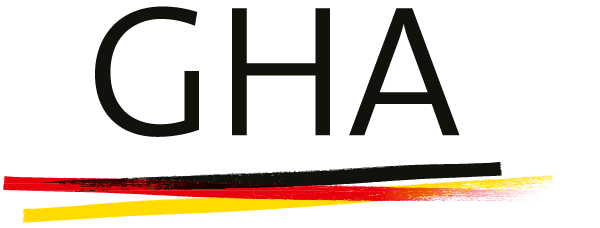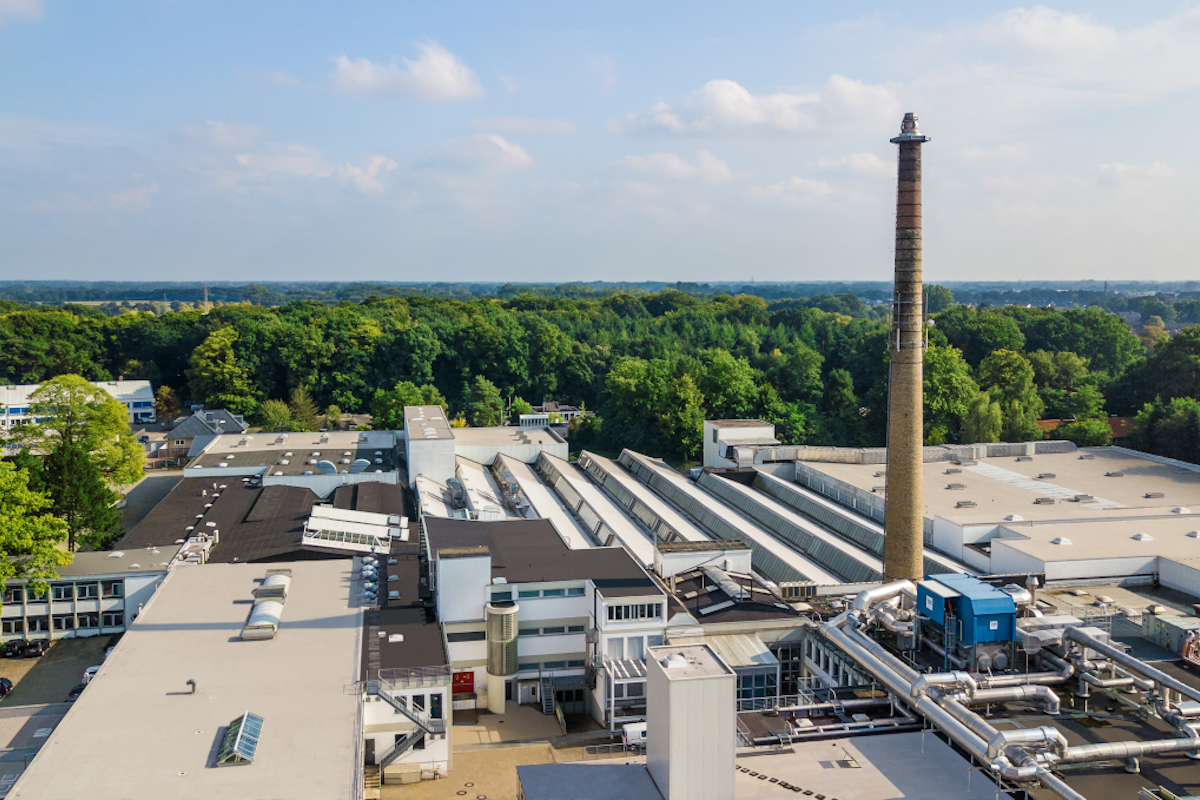Emsdetten-based textile manufacturer certified according to STeP by OEKO-Tex® for sustainable production
Sustainability is the buzzword of the hour -also in business. However, a sustainable world requires a new way of doing business to protect resources and the environment. The textile company Schmitz Textiles, to which the drapilux brand belongs, has set itself the task of acting as green as possible in every area of production. This commitment has now been rewarded by the successful certification according to STeP by OEKO-TEX®.
STeP (Sustainable Textile Production) by OEKO-TEX® is an independent certification system for brands, trading companies and manufacturers in the textile industry. OEKO-TEX®, an association of 18 independent testing and research institutes for textile and leather ecology from Europe and Japan, develops standards for the textile and leather industry as well as the underlying test methods and limit values. Theaim is to ensure risk management, consumer and environmental protection and legal conformity. In addition to the aspect of environmental friendliness, STeP investigates sustainable production conditions, the efficient use of resources and technologies as well as compliance with socially acceptable working conditions. The examination comprises six modules: Chemicals Management, Environmental Performance, Environmental Management, Social Responsibility, Quality Management and Health and Safety at Work. The certification is a powerful tool for continuously optimising the use of natural resources and shows ways of making processes more efficient. Through the transparency and worldwide comparability of the criteria, STeP supports end consumers and retailers in their choice of textile manufacturer. Schmitz Textiles can thus further strengthen its exemplary character in all areas. “Sustainability has always been an important topic at Schmitz Textiles”, confirms Stefan Ruholl, Managing Director of the Emsdetten-based company. For example, the textile manufacturer implemented the ISO 14001 standard already back in 2002, which specifies the requirements for an environmental management system. “Certification according to STeP crowns our commitment once again, as the requirements go beyond the legal requirements and, for example, entail bans on the use of certain hazardous substances,” explains Stefan Ruholl.
Schmitz Textiles’ commitment to environmental and health protection is comprehensive. All the company’s products are made in Germany -they are either manufactured or finished at the production site in Emsdetten. This prevents unnecessary CO2emissions, as transport routes are eliminated. For packaging, Schmitz Textiles only uses recycled cardboard and films made from recycled waste materials.
In order to save energy and resources, the company uses 450 measurement units that enable real-time analysis of production processes. “This enables us to detect irregularities in pressure or temperature, for example, in real time and to define appropriate measures. In addition, we can identify further savings potential,” says Stefan Ruholl. Frequency converters on the heating pumps, for example, ensure that up to 90 percent of electricity is saved compared to conventional pumps. With various heat recovery processes, Schmitz Textiles uses other energies as well as possible. For example, the exhaust air from finishing processes is turned into warm supply air for stenter frames through combustion, while cooling water is used as hot water as required.
The handling of chemicals plays an important role both for environmental protection and for the health and safety of employees. For this reason, the waste water from the dye works is cooled, pH-neutralised and checked for cleanliness before it is sent to the sewage treatment plant. An internal safety system guarantees a responsible and healthy working environment, especially when using and disposing of chemical substances. In addition, many automated processes increase health and safety atwork, as they significantly reduce potential contact with hazardous substances.
Due to the extensive measures and their consistent implementation, OEKO-TEX® awarded Schmitz Textiles the STeP Level 3 (Best Practice) certificate. “The result is particularlygood for the first test. We are very satisfied”, says Stefan Ruholl. The textile manufacturer sets high standards: in all six examination modules, Schmitz Textiles achieved very good results in both global and local comparisons and is in line with the highest requirements of the STeP standard. Environmental management, environmental performance and chemical management are above average. The results are also very good in comparison to the type of company. “Through our own research and intensive work with the Verband Textil & Mode (Northwest) we have acquired a lot of knowledge. This enables us to go beyond legal requirements and to further optimise various areas for the environment,” Stefan Ruholl explains the excellent results.
The Emsdetten-based company intends to continue to lead by example in the future. “True to the slogan of the founding family Schmitz ‘Committed to the future -always has been’, we will continue to improve until the next audit in three years,” promises Stefan Ruholl. drapilux sales manager Hubert Reinermann adds that the products will also become more sustainable. For example, in 2020drapiluxwas the first of the Schmitz Textiles brands to present articles with a proportion of sustainably produced fibres. Together with the yarn manufacturer Trevira, drapilux is working on further developing the new yarn and increasing the proportion of recycled material.

